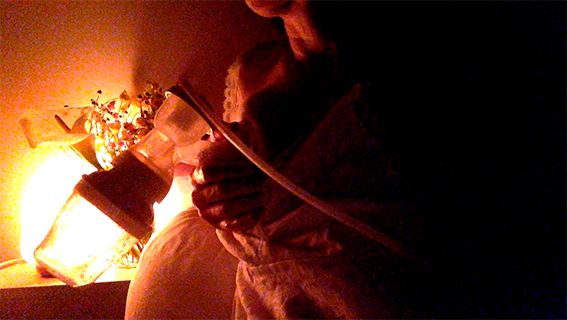
Some lives are less “liveable” than others. Not all lives are the same: the pandemic has made already “precarious” lives more vulnerable: migrants, homeless people, abused women and girls and children forced into homes, the elderly, prisoners, housewives, the poor, discriminated against. J. Butler invites us to think of a new politics that is a “politics of the body”, capable of taking into account suffering, dependence and bodily vulnerability. The future is becoming more uncertain than ever … Like Judith Butler, I refuse to determine the limits of “the very idea of resistance”. I resist.
Judith Butler places vulnerability at the center of our way of thinking about the social and the political, to arrive at the affirmation that a body is political because of the vulnerability that affects it. “We, as a body, are vulnerable to others and to institutions, and this vulnerability is an aspect of the social mode through which bodies exist. ” I am an artist and my life has always been precarious, I feel vulnerable. This is my milk.
Paola Daniele, performer and plastic artist, jealously preserves, for her performances, her menstrual blood in the freezer. She lives between Paris and Rome. She has three main obsessions: the wedding dresses, the anatomy of the dolls and the blood that she explores through her artistic creation and with the collective Hic Est Sanguis Meus – This is my blood that gathered in Paris in 2014.
Tommy Muto is composer, multimedia artist and architect based in Italy.

